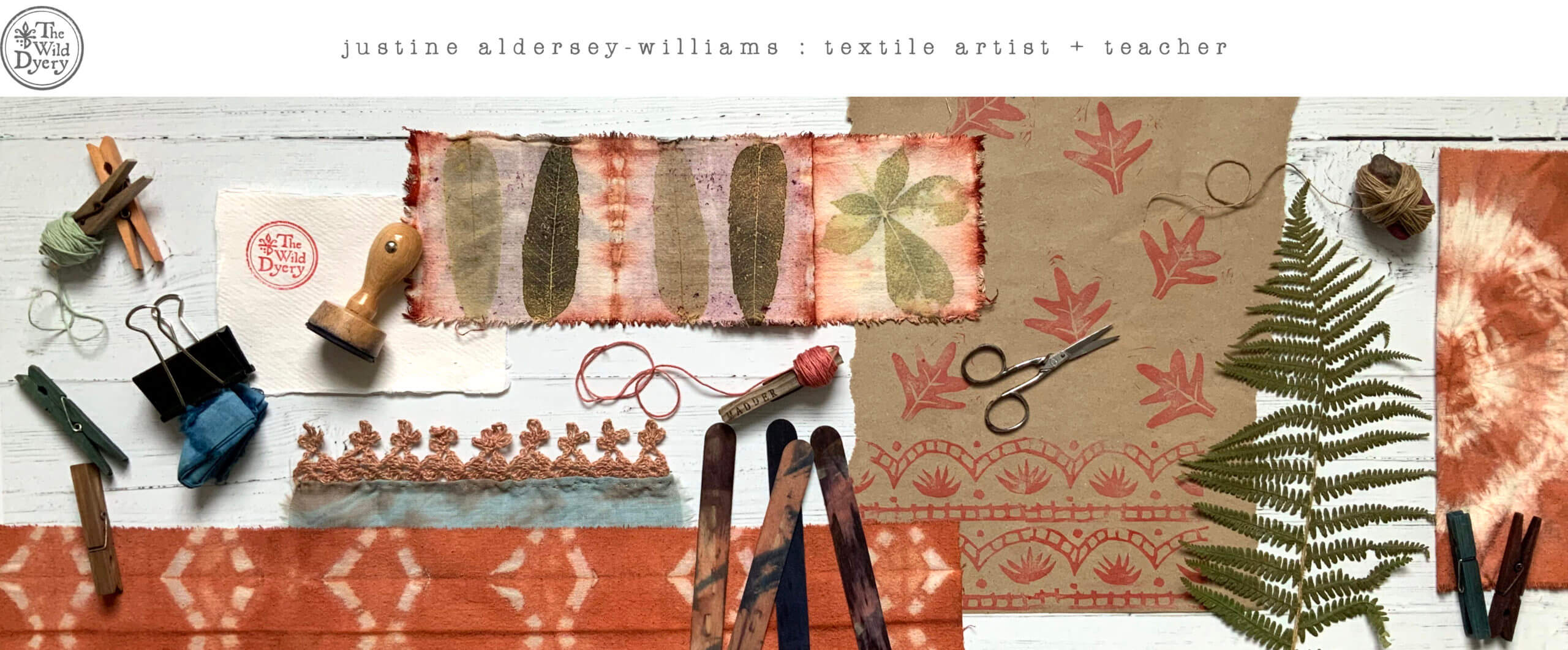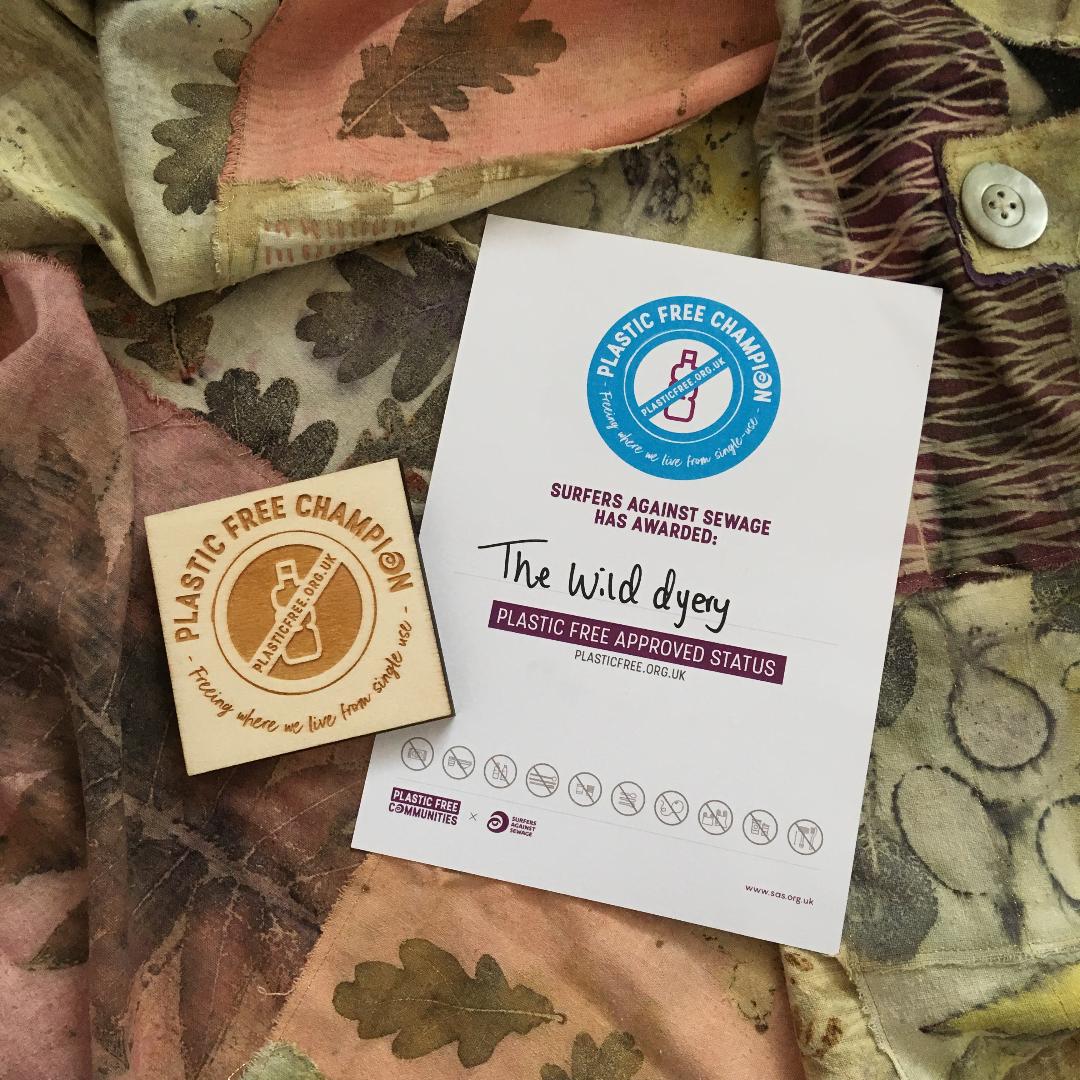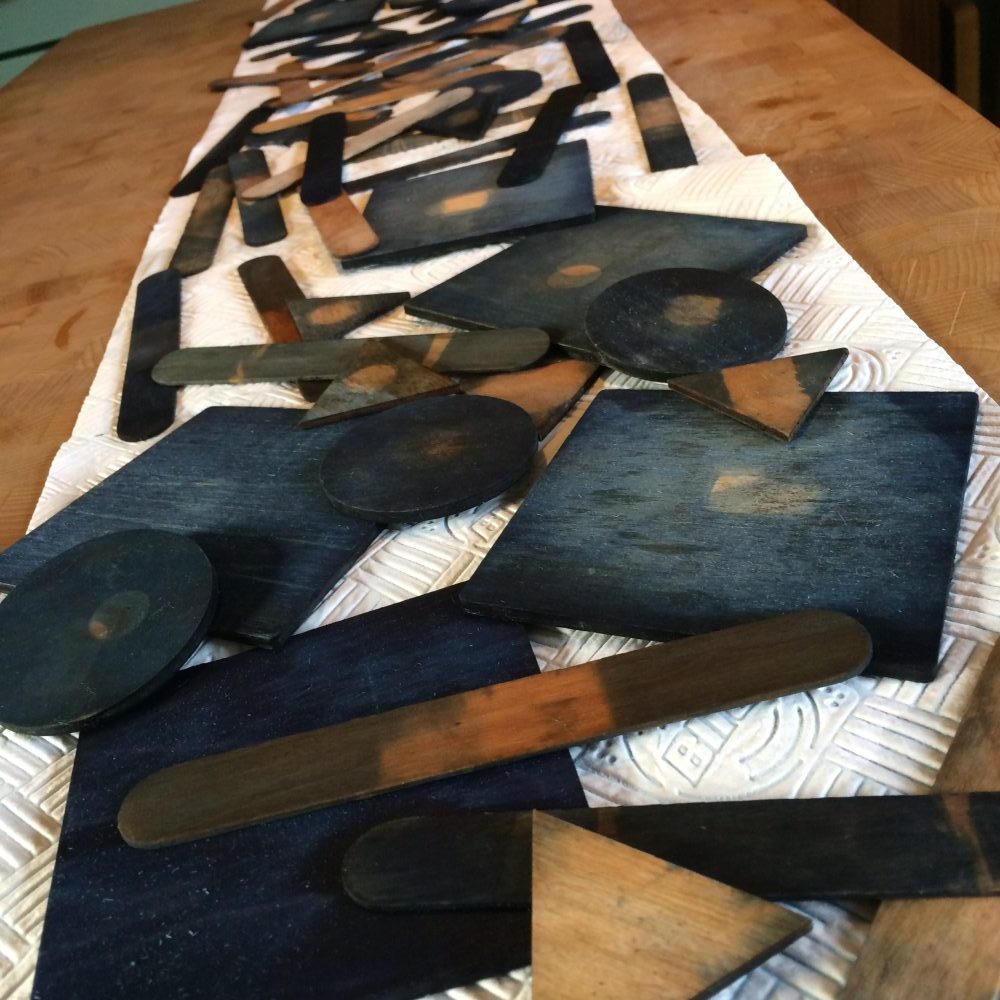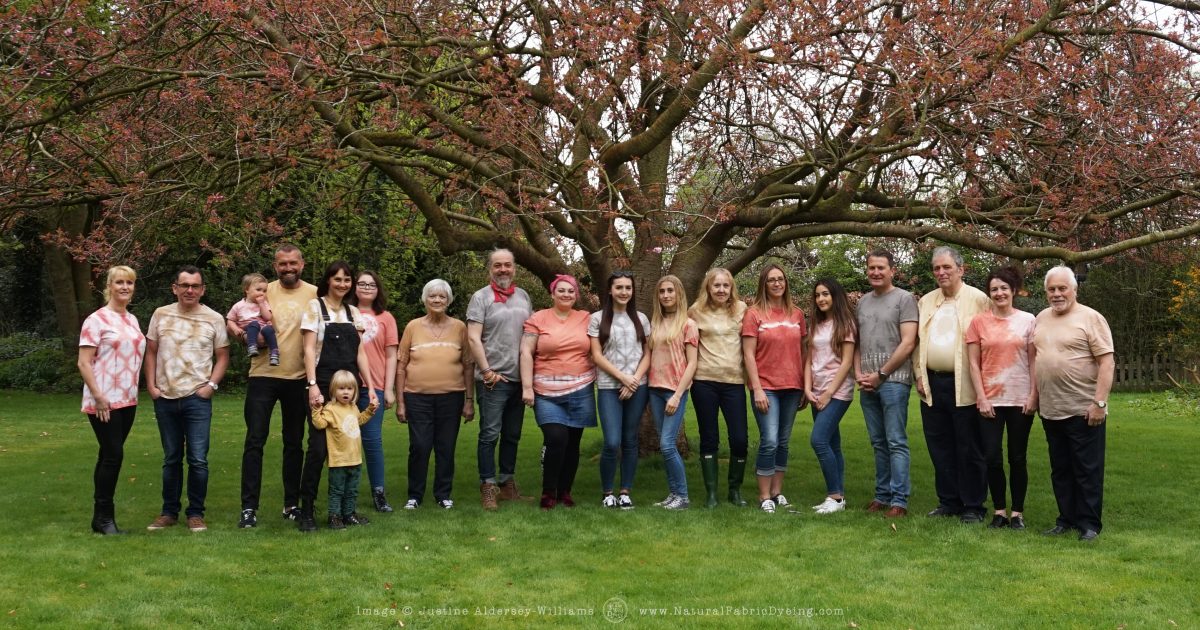The Wild Dyery just became a 'Plastic-Free Champion'
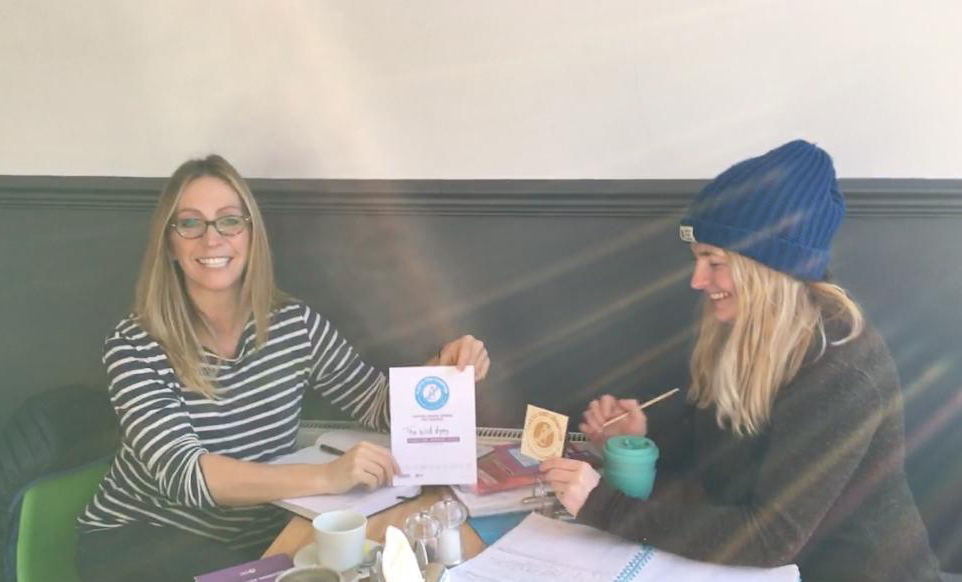
I met with Rebekah Gillmore from Surfers Against Sewage today to discuss ways The Wild Dyery can reduce our use of planetary resources, specifically single-use plastics. I had already structured the company with sustainable ethics in mind so had addressed many issues but as plastic is such an ubiquitous substance, there were some changes we identified that mean we've been awarded 'Plastic Free Approved Status'.
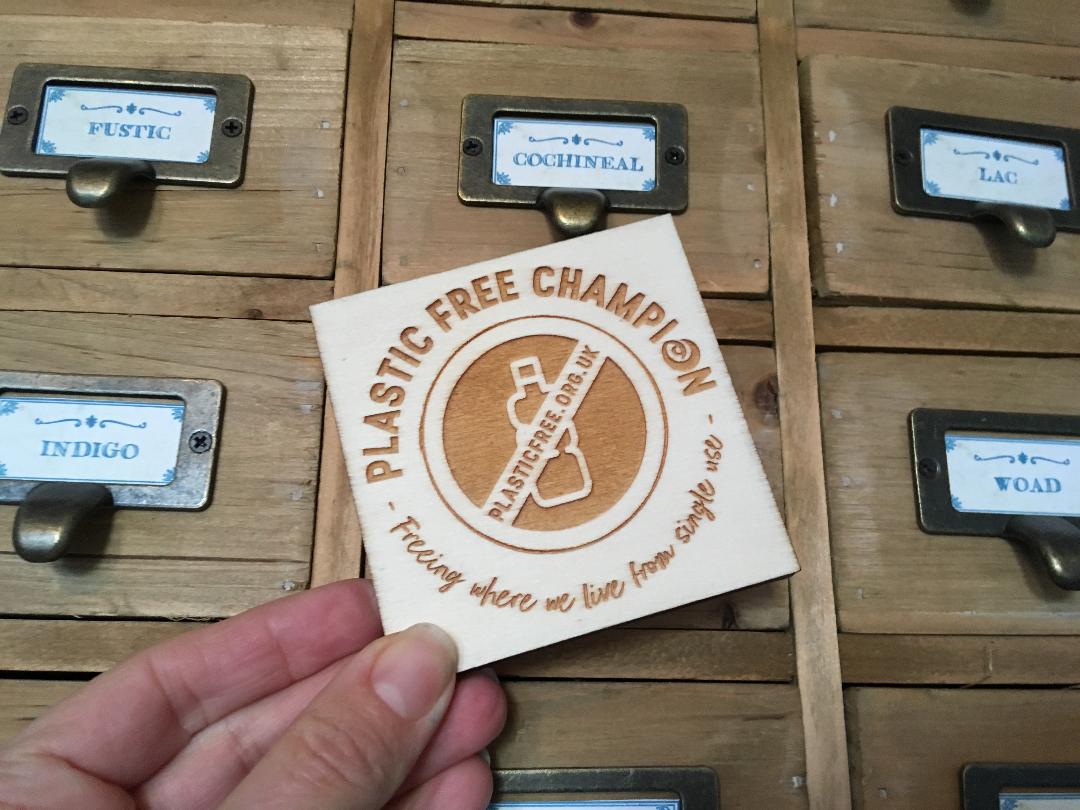
Who are Surfers Against Sewage?
SAS are an environmental charity focussing on the preservation of healthy oceans worldwide. From their website, "We’re a community dedicated to the protection of oceans, waves, beaches and wildlife. We fight long and hard to protect what we love and we won’t stop until it’s completely clean, safe and protected for everyone, forever."
Recently my social media has been full of news about their North West representative, Becks as she single-handedly brings this charity to public awareness here on the Wirral peninsula. She is a powerhouse who has made and posted wooden signs on many local beaches raising awareness about plastic pollution and has been responsible for signing up 37 (38 including me) businesses as 'Plastic Free Champions'. She was featured in The Times newspaper last week along with some of the other businesses who have made changes to help reduce plastic waste.
Ways The Wild Dyery already addresses sustainability...
My work as a textile artist and teacher is rooted in my reverence for nature. As a young child, growing up in St. Ives and later on the moors of North Wales, I always sought solace from an open horizon and fresh air, preferably with the addition of some Atlantic sea spray.
As the gravity of the crisis facing our planet became apparent and my creative work evolved, what I did became more about raising awareness of natural alternatives to synthetic fabrics and dyes. I chose years ago to leave my work as a digital surface pattern designer because although I wasn't manufacturing textiles myself, I knew my designs would be used on products I had no control over. Surface pattern designs are still predominantly printed digitally using dyes derived from petrochemicals and can be used on a mind-boggling array of disposable products.
At this point in the history of humanity, I honestly feel there is already enough STUFF in circulation! This was one of the reasons I set up my online training 'Natural Fabric Dyeing: Colour, Print and Pattern' so I could teach what I do, rather than adding to landfill. I'm not saying I'll never sell textiles again, just that my priority right now is getting more people extending the life of their clothing and up-cycling textiles with plant dyes. I do encourage people to have a go themselves by selling an indigo dye kit and am now making some changes to the content and packaging to eliminate some single-use plastics that I hadn't considered when I originally created it.
Changes I've already made:-
- Using natural dyes and fabrics rather than synthetic
- Teaching rather than manufacturing
- Switching to an eco-energy supplier at home studio
- Re-using the majority of equipment e.g. elastic bands and shibori wood resists (pictured above)
- Storing dyes in paper bags, cardboard boxes and glass jars
- Encouraging up cycling and re-using old fabric*
- Using paper to create a barrier in eco-printing rather than clingfilm
*Re-Wild Your Wardrobe
Last year, I launched a community project that I intend to run again in 2019 called, 'Re-Wild Wirral'. It encouraged people to dye an old T shirt with natural dyes rather than buying a new one. The environmental cost of just one cotton T shirt is huge so this simple activity, if adopted by more people just once a year could save a massive amount of resources and pollution.
In addition, so much plastic pollution in our oceans and water ways comes from invisible synthetic microfibres from clothing, that just using natural dyes (which work best on natural fibres) means this issue is immediately reduced. You can read all about it in these two previous blog posts 'Fashion Revolution Re-Wild Wirral' part 1 and part 2 and keep an eye on our social media for notifications about how to get involved this year (links at top of page.)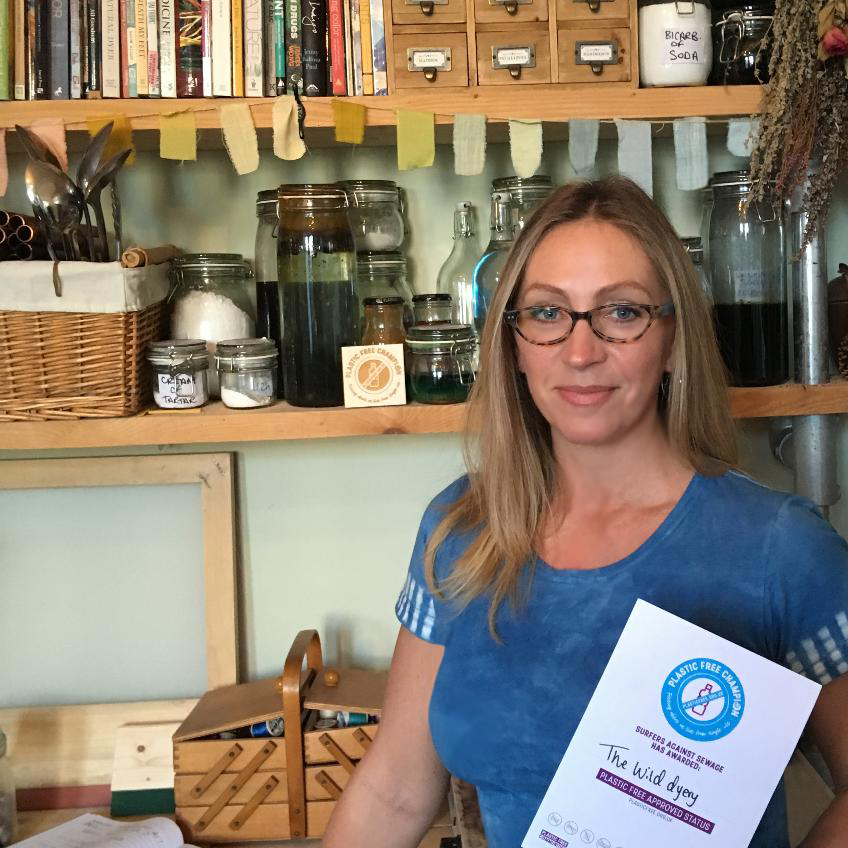
Ways The Wild Dyery will improve...
- Buying reusable plastic tablecloths rather than asking students to bring bin bags (which are then discarded) to protect their workspaces during live workshops
- Removing the latex gloves from our indigo dye kit and allowing customers to use their own rubber gloves
- Substituting plastic sellotape for paper tape on dye kit packaging
I'm sure there are more ways I'm already addressing these issues that I haven't documented and plenty more ways I can improve but I'm sure now I've met Rebekah in person, she will help keep me on track. It's so easy to have good intentions that get lost in the noise and busyness of everyday life so it's great to meet with inspirational people in real life! If you'd like to know more about Rebekah 'Mermaid' Gillmore or Surfers Against Sewage just follow the links. Maybe your business could be the next 'Plastic Free Champion'.





